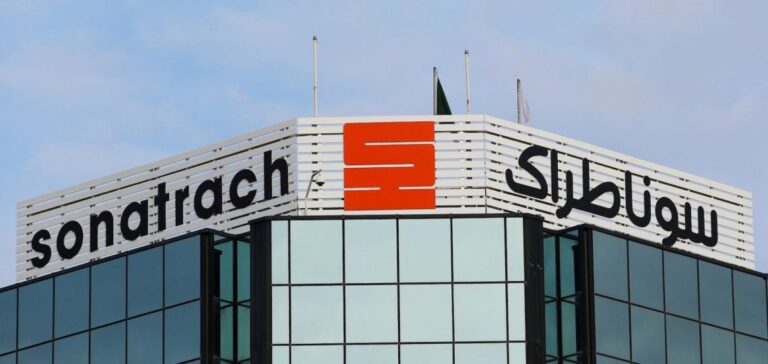The Algerian state-owned hydrocarbon group Sonatrach announced on Thursday that it had signed a contract with its main customer in Spain, Naturgy, to “revise” the prices of the gas it supplies.
The nature of this “revision” has not been specified but Sonatrach has mentioned in recent months, in a context of diplomatic crisis between Algiers and Madrid, an increase in the price of its gas sold to Spain.
This decision was announced at a time when prices have continued to rise due to disruptions in the supply of Russian gas to Europe because of the war in Ukraine, a country invaded by Russia.
“Sonatrach and its partner Naturgy have agreed to revise the prices of existing long-term gas supply contracts in light of market developments, thus ensuring the balance of their contracts on a win-win basis,” the Algerian company said in a statement.
The agreement was signed in Algiers by the CEO of Sonatrach, Toufik Hakkar, and his counterpart from Naturgy, Francisco Reynes Massanet.
Naturgy is the main Spanish buyer of Algerian gas. The Spanish group is an almost equal shareholder (49/51) with Sonatrach in the Medgaz pipeline, which directly connects Spain to Algerian gas fields.
According to Enagas, manager of the Spanish gas network, Algeria was in August the second supplier of gas to Spain (24%) behind the United States (26.5%) and before Nigeria (15.3%).
The share of Algerian gas in Spanish imports has fallen sharply in recent months, while it represented until recently 50% of its imports.
This decline came against a backdrop of serious tensions between Algiers and Madrid.
The Algerian government has been very upset with Spain since the government of socialist Pedro Sánchez decided in March to support the Moroccan autonomy plan for the Western Sahara, in order to put an end to nearly a year of diplomatic crisis between Madrid and Rabat.
In response to this about-face in Madrid’s traditionally neutral position, Algerian authorities suspended a cooperation treaty with Spain in early June.
The issue of Western Sahara, a former Spanish colony considered a “non-self-governing territory” by the United Nations, has for decades pitted Morocco -which controls 80% of it- against the Polisario Front independence fighters, supported by Algiers.






















